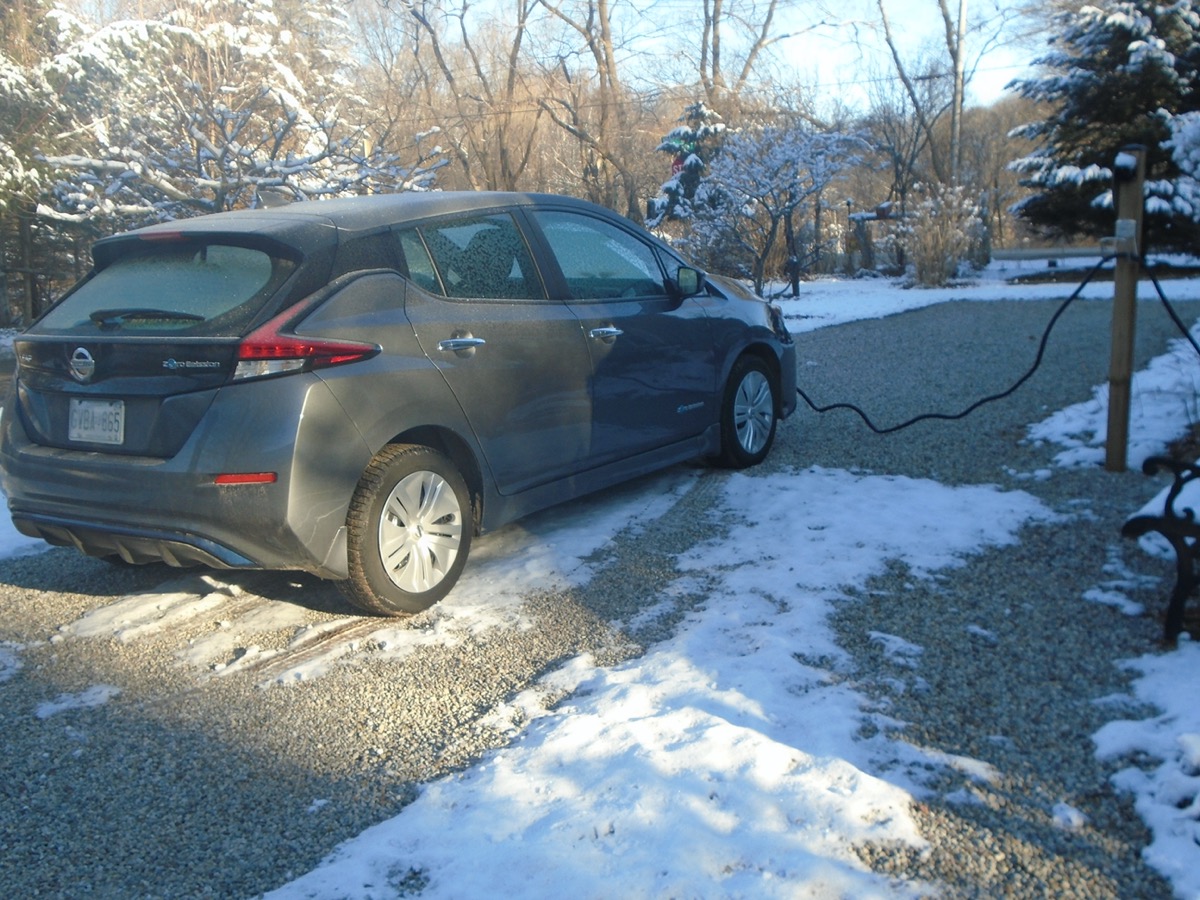When Archdeacon Bill Mous was an assistant curate at St. James, Dundas, (a while ago) he gave an inspiring sermon at the beginning of Lent about GUS and TOM. Traditionally as Christians we have used this time of year to Give up Something to show penitence. Bill’s message was that TOM was perhaps more important. Take On More. This could be joining a bible session group or extending daily prayer time.
A few years ago, an annual Lenten calendar: Give it up for the Earth for Lent was created. Each day there was a suggestion on how to lessen one’s environmental footprint. Ideas included taking reusable bags to the store; cutting back on plastic containers; and turning down the thermostat.
Those concerned about climate change have become quite good at suggesting GUS endeavours, but TOM actions take more courage. To convince people to go beyond their comfort level by asking them TO DO MORE is not so easy. Unless we are prepared to do more, much more, then climate change will get worse.
Last year when Dr. Dianne Saxe spoke during our Climate Justice Niagara Zoom evening, she made it abundantly clear that churches, even our Anglican Church, were not doing enough. We are trusted voices that should be speaking out at every opportunity – all of us in the virtual pews not just our leaders.
Dr. Saxe impressed on us the need to talk about climate change – not just to those people we know to be sympathetic. We need to start the conversation with those in our book club, at the gym, or in Rotary. The mantra she uses is: “simple messages, repeated often, by people that we trust” will spread the word.
Three years ago, my husband bought an electric car. Since then, four of his friends have also purchased one. Would they have bought one anyway? Probably. Did Dave’s enthusiasm and endless encouragement spur them to act sooner? Almost certainly.
I don’t expect everyone to rush out a buy an electric car – although that would be amazing! My example is to show that all of us can be influencers. Another of Dr. Saxe’s messages is that no one do everything, but everyone can do something.
Have confidence to spread the word. Tell others which shops allow customer to use their own containers; or which dry cleaners use safe chemicals.
Dr. Saxe emphasised the importance of contacting our elected representatives at all levels of government. If we write letters or call them, they will know our concerns. Changing lightbulbs was an important step ten years ago but changing the minds and actions of politicians is much more important today. This TOM action doesn’t involve leaving home, so the pandemic is no excuse.
There are many environmental organisations like the David Suzuki Foundation, or local ones such as Burlington Green or Wellington Water Watchers that have excellent websites to learn more.
The four areas in Climate Justice Niagara’s mandate are prayer, education, action, and advocacy. Following them may help you decide on a plan that you feel comfortable following. Pray about one topic that you are concerned about. Read and educate yourself. Act by writing to someone or changing your behaviour. Then tell others what you are doing, be an advocate for something that you feel passionate about.
We still need to remember GUS actions, but we desperately need more TOMs.


Our Treasures and Us: A Time for Reflection